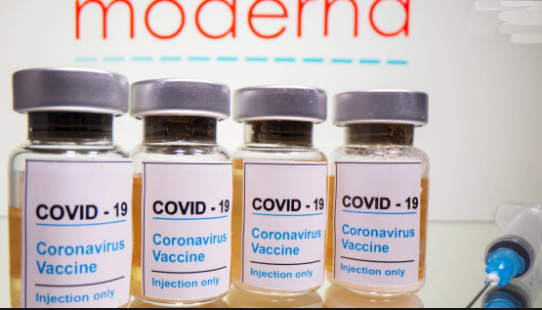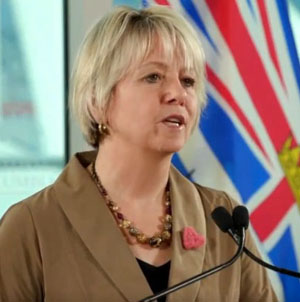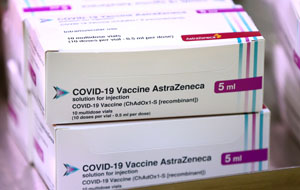
Sunday February 28, 2021 | NATIONAL [Updated 8:48 pm]
by Mary P Brooke, B.Sc., editor | Island Social Trends
Since December Canadians have had access to two mRNA-type vaccines against the COVID-19 virus — by Pfizer-BioNtech and Moderna. On Friday, Health Canada approved a third vaccine – this one by AstraZeneca– which introduces not only a third option but opens the debate as to which type of vaccine(s) might be better, safer, or more appropriate for different age groups.
Of course making national headlines, Health Canada regulators announced that they had approved the COVID-19 vaccine from Oxford University and AstraZeneca for use in Canada. This adds to the ‘pot’ of vaccine doses that the federal government has promised as part of having enough vaccine for every Canada “who wants one” to have access to immunization.
Efficacy rates & reaching the target groups:
After a review done over several months, Health Canada regulators concluded the AstraZeneca two-dose vaccine has an efficacy rate of 62% (with a recommended interval of 12 weeks between the first dose and the booster). It is authorized for use in all adults 18 and older. It does not require sub-zero temperatures during shipping or storage; any refrigerator will be sufficient. This opens up options for use at large immunization centres and use at pharmacies and in doctors’ offices.
The mRNA vaccines (Pfizer and Moderna) have an efficacy rate over 90%, in some cases as high as 94%, which is extraordinary compared to any vaccines used in the world pre-COVID. The mRNA products require ultra-low temperatures which can only be achieved with specialized freezers which are generally only at hospitals and in urban areas; this necessitates the immunization audience coming to the vaccines, rather than vaccines being shipped out into communities.
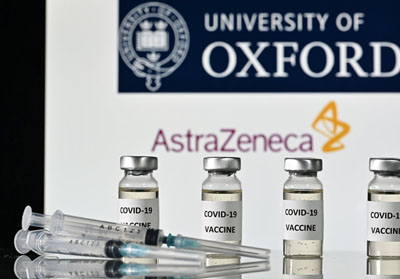
Management of vaccine distribution hinges strongly on the temperature factor, but also the number of doses required. The mRNA-type vaccines require two doses (one plus a booster), as does the AstraZeneca (while the upcoming Johnson & Johnson vaccine — if approved as expected in about three weeks — will require only one).
Two-dose vaccines necessitate a sophisticated and accurate tracking system — what type of vaccine did the person receive and when, where is their second dose stored, and when in the second dose administration scheduled for; then there is followup and scheduling confirmation requirements.
Millions of doses, produced offshore:
Canada has secured access to 22 million doses of the AstraZeneca-Oxford vaccine, most of which are to arrive in the second and third quarters of this year. In light of more contagious COVID-19 variants are becoming more prevalent in the infection profile across Canada, Public Services and Procurement Minister Anita Anand has said that the government is trying to now negotiate faster delivery of the new AstraZeneca doses.
Health Canada also has authorized with a company in India to have the vaccine manufactured by the Serum Institute there (the company has partnered with AstraZeneca to produce vaccines there); that company facility had a significant fire in January.
The Serum Institute, which is working with Verity Pharmaceuticals (based in Mississauga, Ontario), will send 500,000 doses of its vaccine “within weeks,” according to Prime Minister Justin Trudeau. He said in a press conference that 1.5 million doses from Serum will arrive in “the coming months.”
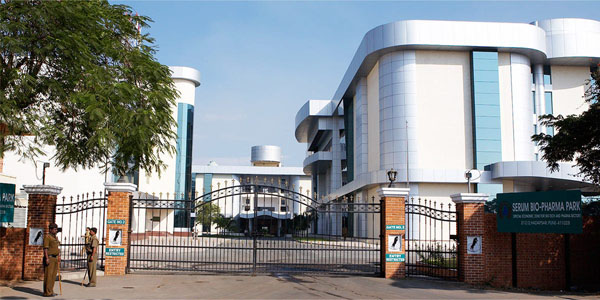
With these new doses coming from the Serum Institute, Canada now stands to receive about 6.5 million doses of the AstraZeneca, Moderna and Pfizer vaccines by the end of March. That’s enough to fully vaccinate just over 3.2 million people. Health Canada is still reviewing two other vaccine candidates: one from Johnson & Johnson and another from Novavax.
Canada’s ‘shop global’ approach to securing vaccines underscores the importance of having positive global political relations.
Public debate:
National media and social media have been abuzz with the debate now about which vaccine is best for use in various aspects of immunization programs. Should, for example, young adults be receiving the more effective (and possibly safer, in terms of DNA-impacts) so that they are robust in the community going forward in careers and raising families.
The emergency is not over, far from it. Deep now in the second wave, and arguably heading into a third wave (with the variants of concern circulating in Canada), most medical professionals who are participating in online and televised debate are recommending that people “take what comes available”, as we’re still dealing with a global pandemic.
The mRNA-type vaccines offer no danger for any interaction with human DNA; the body works from DNA to RNA to proteins (not the other way around, it was explained by Moderna co-founded Derrick Rossi last week on national TV). The single-dose vaccines (such as AstraZeneca and the upcoming Johnson & Johnson product called Janssen) do introduce an inert form of the COVID-19 coronavirus vaccine DNA within the vaccine product.
A numbers game with political factors:
Minister Anand said the government has received “positive indications” that the other AstraZeneca deliveries are on track but couldn’t specify how many shots will arrive in the second quarter (April to June). To date what is known for the second quarter, is that at least 26.4 million more doses will arrive — 23 million from Moderna and Pfizer combined, 1.5 million AstraZeneca doses from the Serum Institute and another 1.9 million AstraZeneca doses from COVAX, the global vaccine-sharing initiative.
Canada is lagging behind other Western countries in its vaccine rollout partly due to no domestic production of vaccines but also because the public health infrastructure for delivery of vaccines was incomplete (requiring in several areas and instances the use of military for organization and deployment). Political decisions at the federal level over the last few decades had led to the lack of domestic facilities and also a waning of scientific intrastructure in areas of research, development and oversight.
By July 1, Canada is projected to have enough supply to fully vaccinate at least 14.8 million people (about half the adult population). The supply will grow once delivery schedules for the AstraZeneca doses are confirmed.
COVID-19 vaccines are not yet approved for use in children in Canada, mostly because few if any children were involved in the vaccine trials. It does not necessarily indicate that the vaccines will be unsafe for children.
BC Immunization Plan:
In BC the immunization plan has at first focussed on reducing the incidence of death and serious illness requiring hospitalization due to COVID-19 infection.
This has been translated into providing the first vaccines (all m-RNA type to this point) to elders and workers in long-term care as well as front-line health care workers.
This has in fact reduced the overall rate of death from COVID in BC in recent weeks, but daily case counts were back up over the mid-550s last week, which may indicate further ‘COVID fatigue’ in the general population and/or the impact of the more contagious COVID variants (including B.1.1.7 and B.1.351).
Dr Henry, Dr Ballam and Minister Dix will roll out a BC Immunization Plan update on Monday March 1. | See events listings.





